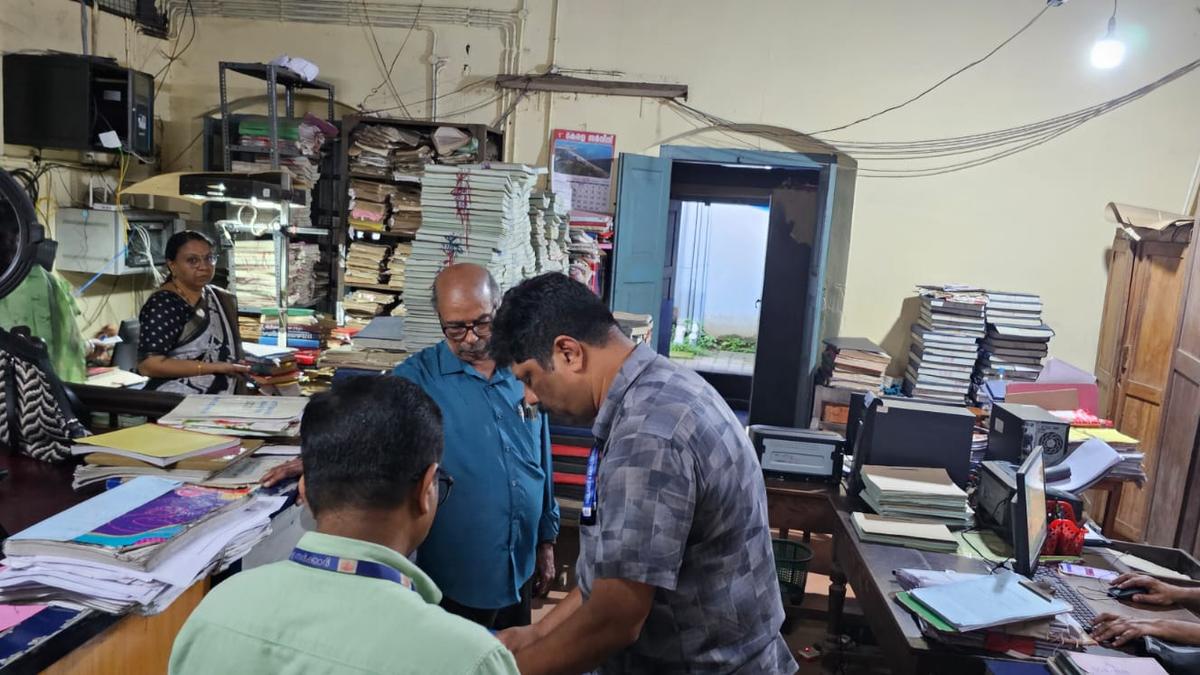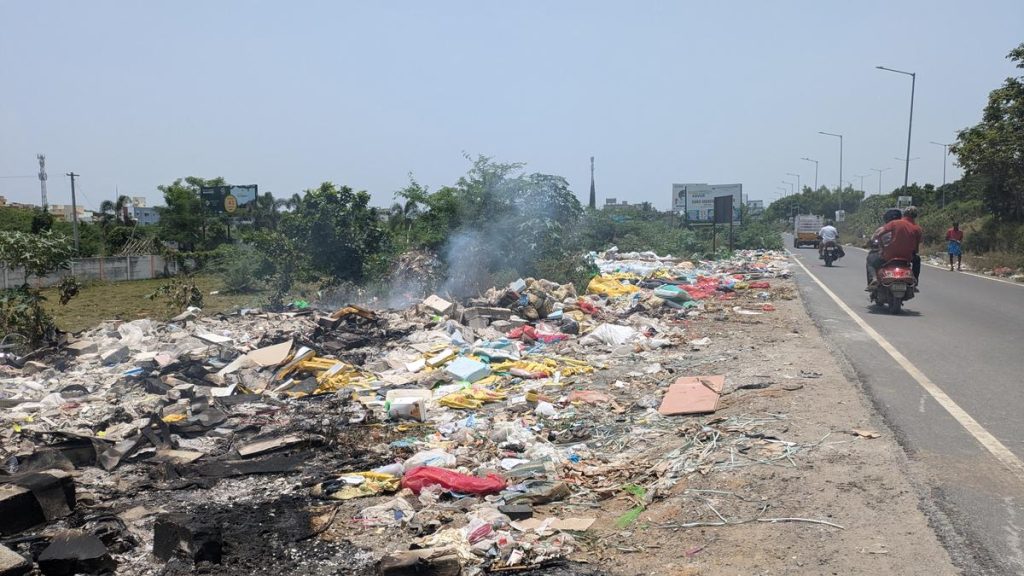Now Reading: Operation ‘Secure Land’ Exposes Corruption in Kerala Sub-Registrar Offices
-
01
Operation ‘Secure Land’ Exposes Corruption in Kerala Sub-Registrar Offices
Operation ‘Secure Land’ Exposes Corruption in Kerala Sub-Registrar Offices

Quick Summary
- Scope of corruption: A corrupt nexus comprising document writers, agents, and officials at sub-registrar offices in Kerala allegedly coerced citizens into paying bribes for basic services.
- VACB Operation “Secure Land”: Vigilance and Corruption bureau (VACB) conducted surprise raids on 72 sub-registrar offices across Kerala on August 7, 2025.
- Types of Misconduct Identified:
– Citizens faced delays or rejection when bypassing agent networks.
– Sale deeds were used to mask money-lending transactions, circumventing regulatory laws on exorbitant interest rates.
– Under-valuations of properties were facilitated to evade stamp duty, causing loss to the State treasury.
– Agents demanded bribes for document verification and issuance of certified copies.
- Money Seized:
– ₹1,46,375 confiscated from agents in seven jurisdictions.
– ₹9,65,905 seized from officials and document writers at various locations.
- Officials noted that a important portion of illicit payments occurred via digital UPI channels rather than cash.
Indian Opinion Analysis
This chain of corruption revealed by the VACB undermines trust in public service delivery crucial for citizens’ real estate transactions in Kerala.The widespread collusion between officials and intermediaries highlights systemic challenges that could erode transparency within government functions if left unaddressed. the use of sale deeds as cover for loan shark practices further adds layers to exploitation beyond traditional corruption.
From an economic outlook, fraudulent undervaluation not only deprives the exchequer but impacts proper valuation standards within real estate markets-perhaps distorting long-term land prices in the state.While the monetary seizures during raids appear minimal relative to suspected graft levels (fueled by UPI transactions), this operation establishes foundational accountability which can prompt stronger future reforms targeting both digital platforms used for bribes and enforcement gaps within critical departments.
Read more: the hindu























